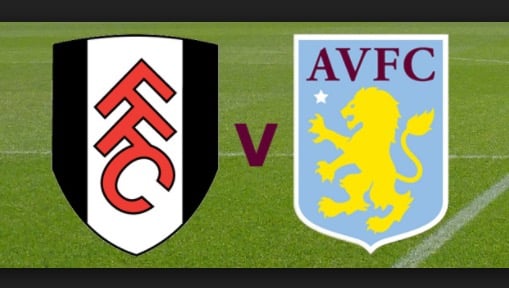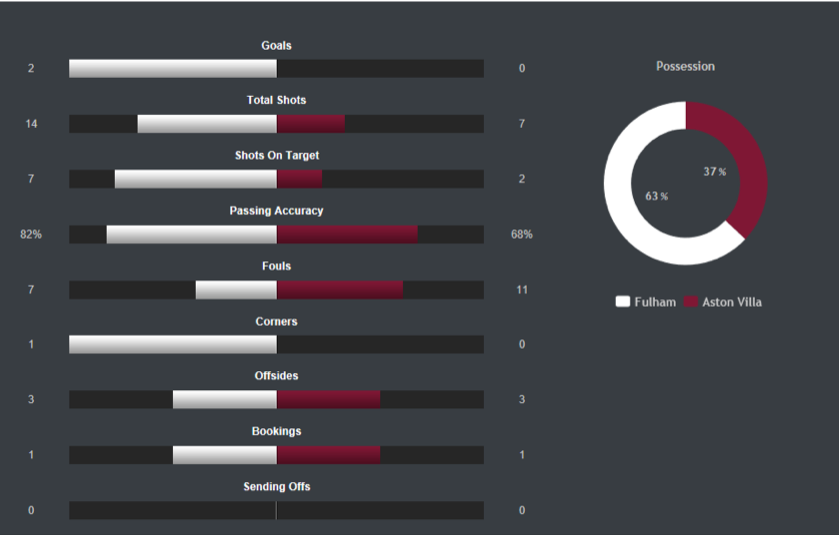Mr Basketball was the nickname given to George Mikan born in Joliet, Illinois 1924. In 1938, he attended the Chicago Archbishop Quigley Preparatory Seminary. When Mikan entered Chicago’s DePaul University in 1942, he stood 6′ 10″, weighed 245 pounds, moved awkwardly because of his frame, and wore thick glasses for his near-sightedness.
As pioneers stories go, rather stereotypically, George met 28-year-old rookie DePaul basketball coach Ray Meyer, who saw potential in the bright and intelligent freshman. Meyer just so happened to share the same Alma mater – Chicago Archbishop Quigley Preparatory Seminary School. Looking back, this may have proved to be a coversation starter. Destiny as we know it was beginning to take shape as at the time it was believed that tall players were too awkward to ever play basketball. It’s commonplace today to think that Basketball is a Tall person game. We do have players who defy those rules however once in a while.

In the following months, Meyer transformed Mikan into a confident, aggressive player who took pride in his height rather than being ashamed of it. The budding DePaul Freshman learned how to make hook shots accurately with either hand. A technique that is a must in player development and commonplace since the 70s, is aptly termed the Mikan drill.
His training included punching the speed bag for core strength, arm muscle development and activation leading to muscle memory. Dancing lessons and skipping the rope were included to improve agility thereby making the once shy 6′ 10” spectacles-cladded-freshman into an explosive athlete about to lay the foundation of pro-Basketball into the form we know it today.
Mikan dominated the NCAA and invitational games with his unstoppable hook shot on offense and size and strength combo on defense. He shocked the world of Basketball by blocking shots in their downward trajectory above the basket, aka goaltending. His ability to Jump that high caused the audience to marvel as it was thought that no living being could reach that height. One may now trace back the basic goaltending rule to George Mikan’s low post dominance.

Mikan was named the Helms NCAA College Player of the Year in 1944 and 1945 and was an All-American three times. In 1945, he led DePaul to the invitational title, which at that time was as prestigious as the NCAA title. Mikan led the nation in scoring with 23.9 ppg in 1944–45 and 23.1 in 1945–46. He was named MVP for scoring 120 points in three games, including 53 points in a 97–53 win. He had managed to outscore an entire team.
Mikan went on to play for the Chicago American Gears for owner Maurice White. He led them to the PBLA title, the predecessor of the NBA, averaging 16.5 ppg as a Rookie. He was named MVP averaging 20ppg in the post season. The team folded after the owners failed bid to launch a league where he owned all the teams, a reminder that Lavar Ball is 70 years removed from the idea. The yesteryear Lavar Ball’s league folded after a month and Mikan joined the Minneapolis Lakers with hall of fame coach John Kundla. The NBL became the NBA as the PBLA folded and the BAA merged with the NBL.
Mikan on court went on to destroy competition enroute led the league in scoring with 1,195 points, becoming the only NBL player to score more than 1,000 points in an NBL season. He beat Red Aurebach and Bill Sharman in the 1949 BAA finals. One of the many instances to illustrate his hold over the league until his fall and retirement. He led the Lakers to their first NBA title winning MVP again along the way. The following season was the only time Mikan didn’t win a pro-basketball title due to a severe leg injury. Mikan later recounted the incidents in 1990, he managed to average over 20 points a game inspite of playing with a plate taped to his leg. This showed that he was the First ever superstar player.
He dominated yet again in the 1951-52 season, as the league widened the foul lane from 6 to 12 feet. Big Men like Mikan now had to post up from twice the distance. The genius that is Mikan adapted wth a reduction in averages from 28.4 to 23.8 ppg, a FGP sink from .428 to .385. His rebounding remained top notch with averages of 13 rebounds a game. The rule was dubbed the Mikan rule and was forced by the New York Knicks, the Lakers chief rival. They met in the finals that year which the Lakers won 4-3.
A year removed and Mikan was part of the strangest game in NBA history. The Lakers lost to the Fort Wayne Pistons in a 19-18 contest. This was the game where the players played out for as long as they wanted in a stall tactic. Evidently, there was no shot clock back then and this prompted it’s introduction four years later. Mikan holds the record for the highest percent of points scored of the team as he scored 15 of the 18 Lakers points this game.

The legend retired in 1954 after the 53-54′ title citing a “growing family” and “to get started in a professional world outside basketball”. This statement holds true to this day as modern legends, hall of famers and role players alike are required to plan and look towards the “after basketball phase” of their lives.
He was the first commsioner cum founder of the ABA which introduced the Blue-Red-White Ball to attract crowds. He saw the introduction of the three point line, but quit in 1969. Some years later, the now popular Slam Dunk Contest was introduced by the same ABA. In addition, the ABA gave us the Spurs, Nuggets, Pacers and the nets. The ABA made the one and done scenario feasible for the NBA.
He helped Minnesota get a NBA franchise and campaigned for better pensions till his last day in June 2005. Even in his death, he helped players as it brought to light their financial struggles post playing days.

The basketball world mourned and it seemed fitting that ex-Laker’s and then Heat Star Shaquille O’Neal paid for the funeral services.
This is an ode to Mr Basketball, a fairly huge history lesson.
by Rutvik Bhaskar Perepa
Rutvik Bhaskar Perepa is a student at The University of Manchester working towards a MEng in Mechanical Engineering hoping to be on a placement after Year 3. He has had the privilege to travel around his home country, India and discover the rich heritage and diversity. His personal interests include Food and travel, history, Sport among many others. Often found in discourse on various issues ranging Engineering to Religious Practices, he never shy’s away from being expressive. He believes in being open minded, empathetic and analytical is the key to problems posed on a daily basis.

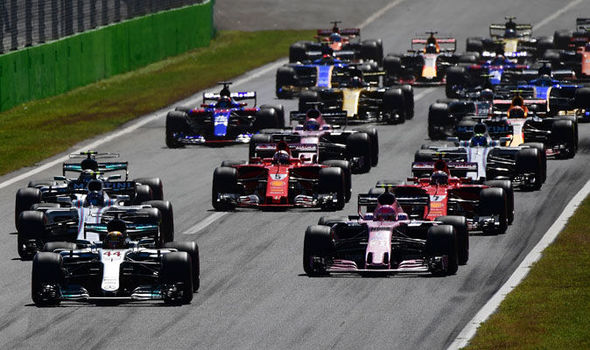
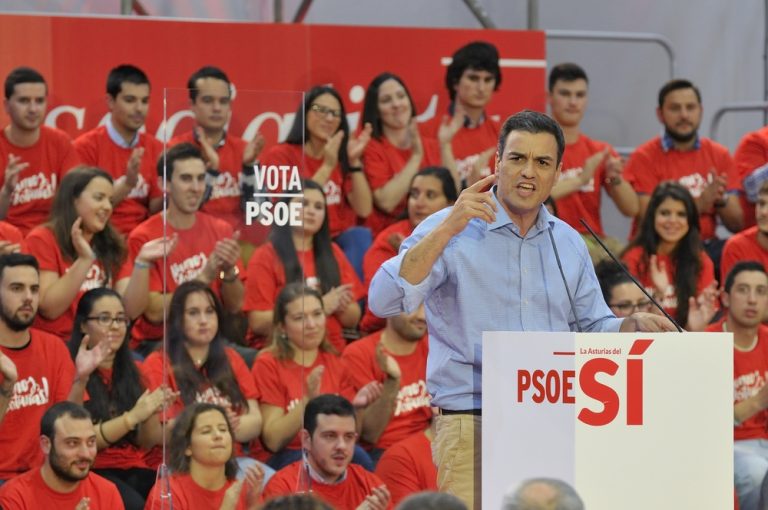
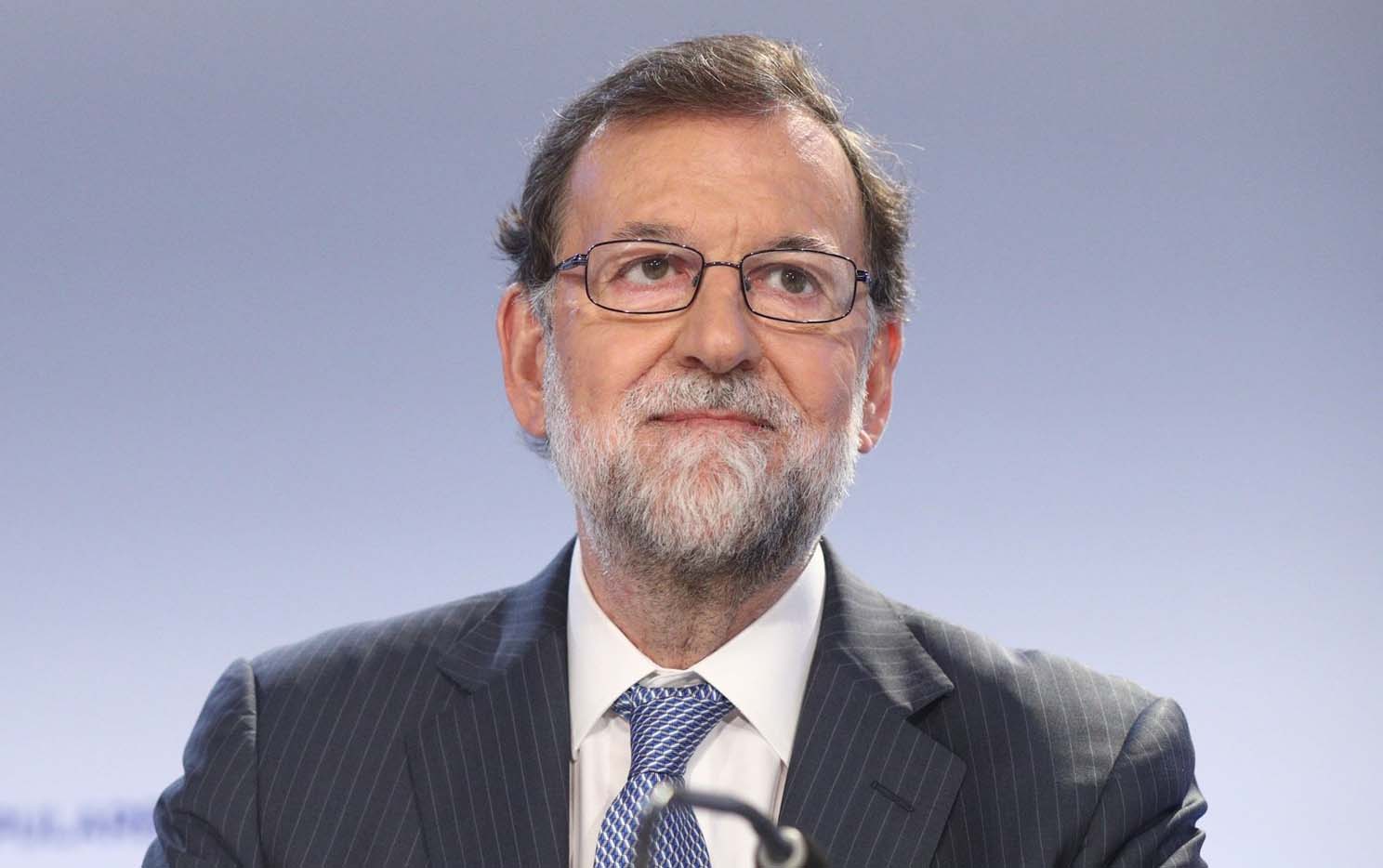 Mariano Rajoy, the former prime minister who was ousted by the vote of no confidence (Source: EP)
Mariano Rajoy, the former prime minister who was ousted by the vote of no confidence (Source: EP)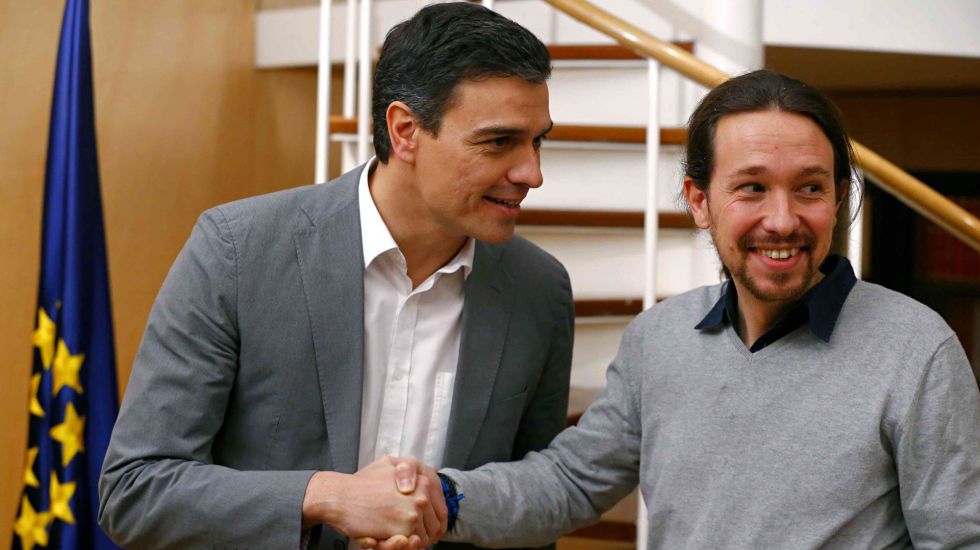 Pedro Sanchez, left, meeting with Podemos leader Pablo Iglesias (Source: Bernardo Perez)
Pedro Sanchez, left, meeting with Podemos leader Pablo Iglesias (Source: Bernardo Perez)
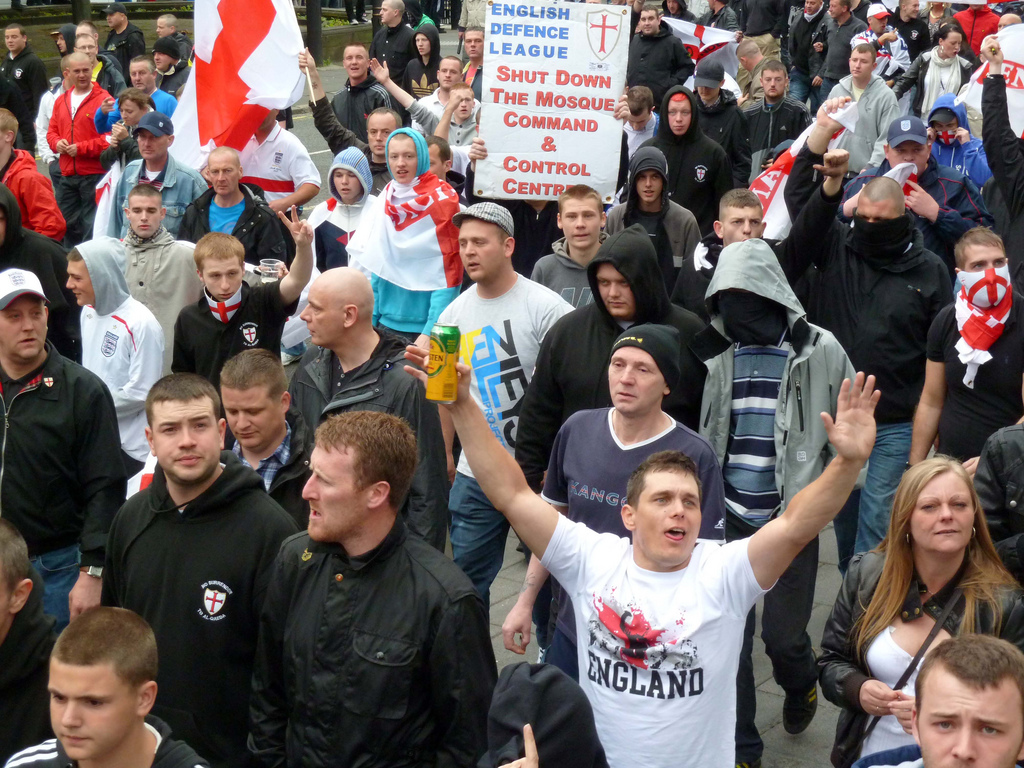 Members of the English Defence League, an organisation which for many sums up the exclusionary nature of English identity (Source: Wikimedia)
Members of the English Defence League, an organisation which for many sums up the exclusionary nature of English identity (Source: Wikimedia)
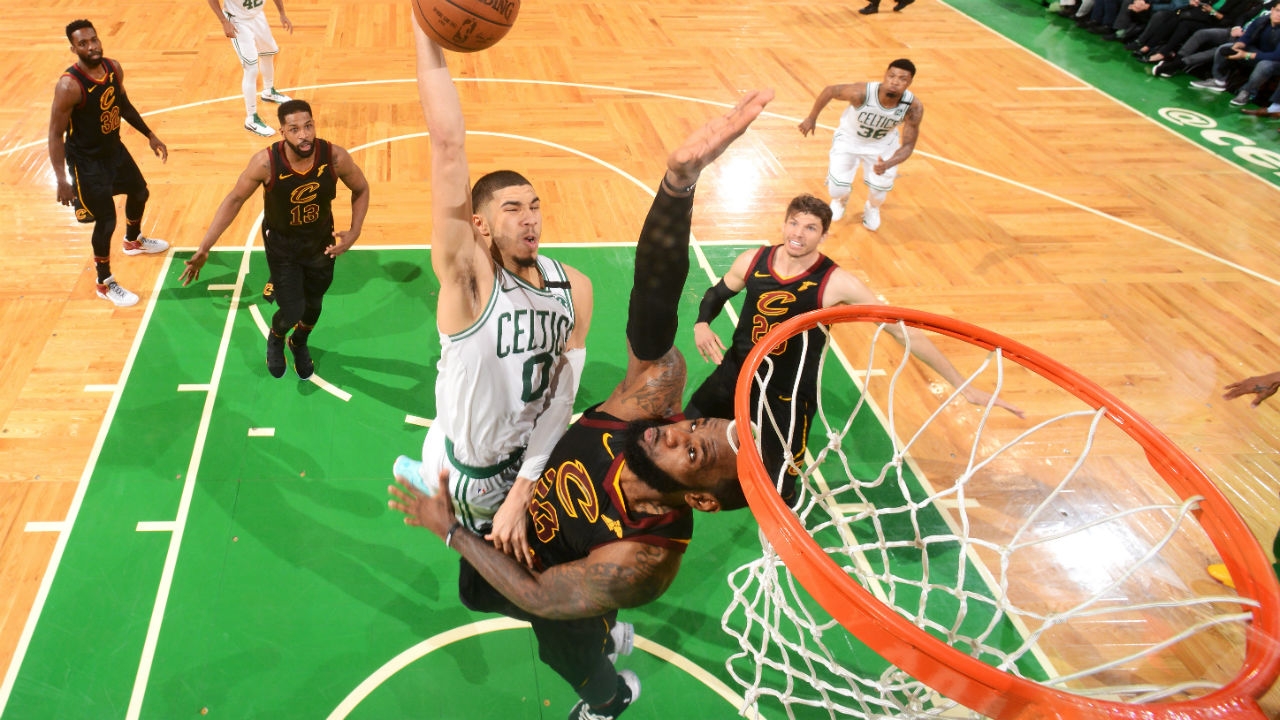





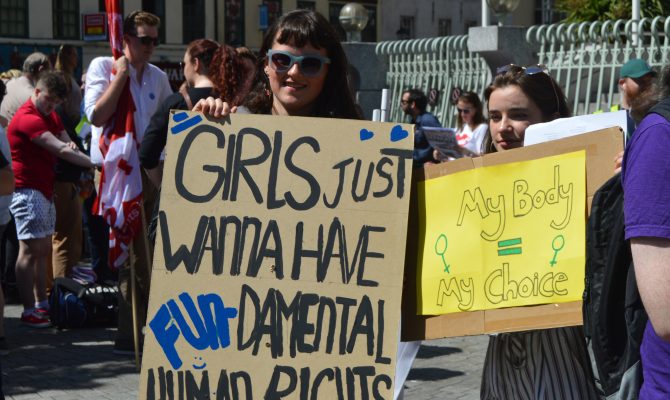
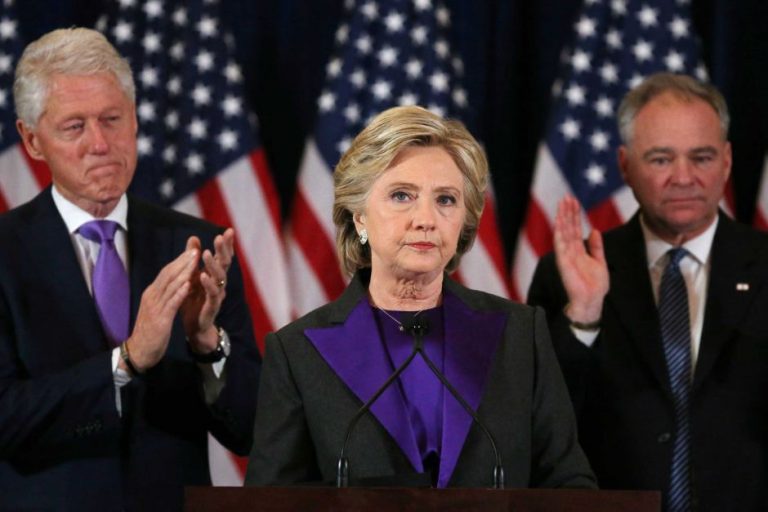
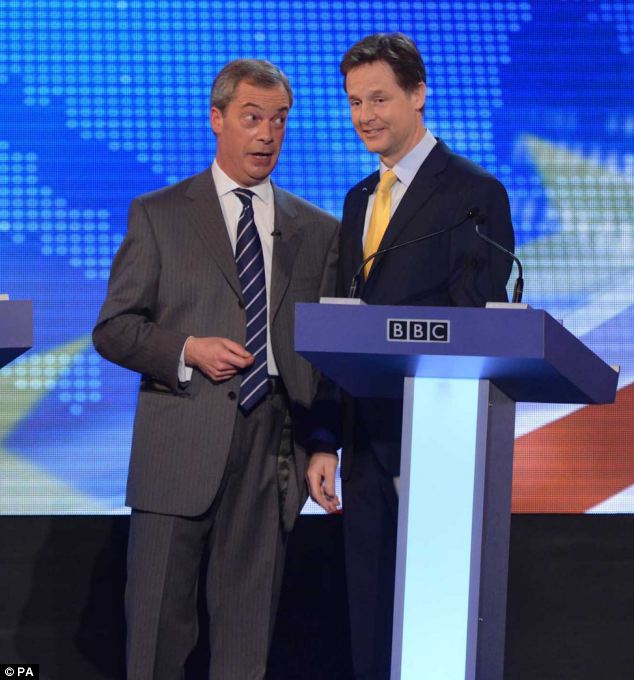 The populist and the centrist: Nigel Farage and Nick Clegg at a debate on the EU in 2014 (Source: PA)
The populist and the centrist: Nigel Farage and Nick Clegg at a debate on the EU in 2014 (Source: PA)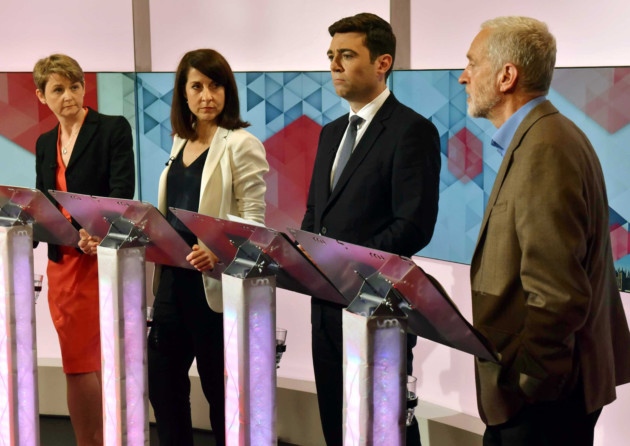 Jeremy Corbyn takes on rivals Yvette Cooper, Liz Kendall and Andy Burnham at a Labour leadership debate in 2015 (Source: BBC)
Jeremy Corbyn takes on rivals Yvette Cooper, Liz Kendall and Andy Burnham at a Labour leadership debate in 2015 (Source: BBC)

